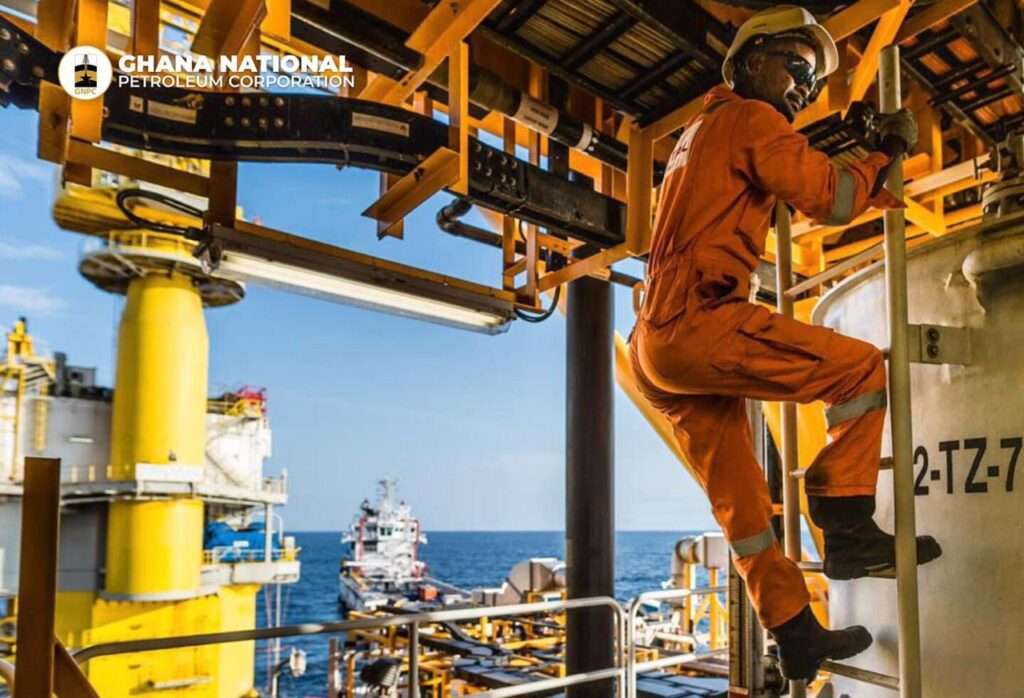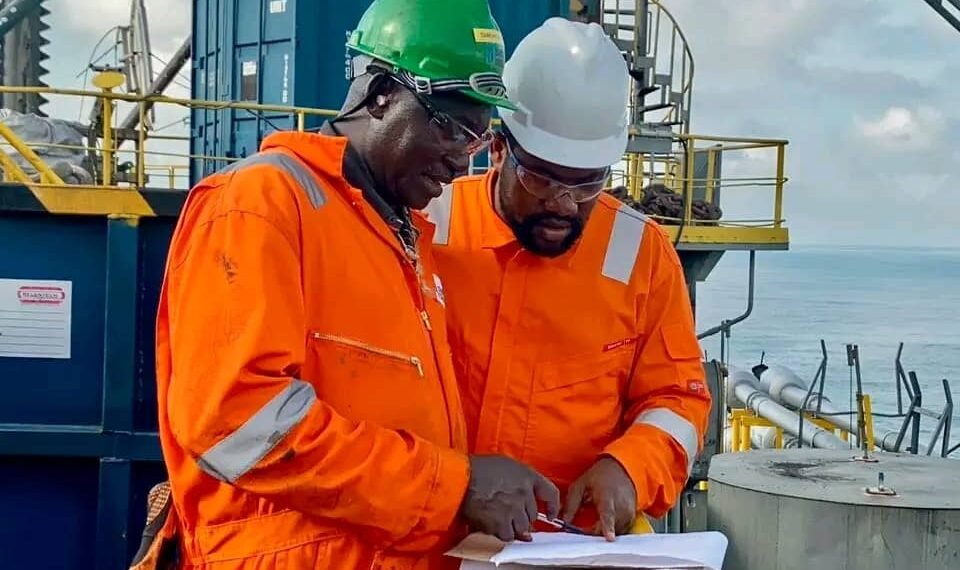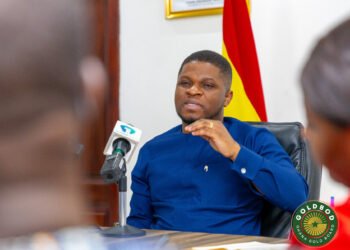The Ghana National Petroleum Corporation (GNPC), in partnership with Jubilee and TEN field operators Tullow Ghana, Kosmos Energy, PetroSA, and Explorco, has initiated a sweeping community outreach campaign in Ghana’s Western Region to promote marine safety and sustainable coastal livelihoods.
The program targets 30 coastal communities across seven districts, ahead of a crucial Ocean Bottom Nodes (OBN) survey in the Jubilee and TEN oil fields.
Themed “Safe Sea, Sustained Livelihoods,” the campaign underscores the partners’ commitment to inclusive stakeholder engagement, community empowerment, and responsible offshore resource management.
The upcoming OBN survey—a critical step in enhancing hydrocarbon monitoring and improving reservoir performance—requires stringent maritime safety protocols to protect both fishermen and offshore infrastructure.
GNPC and its partners are proactively reaching out to local fishing communities to communicate the importance of safety exclusion zones and build awareness about operational boundaries.
“The OBN survey is key to ensuring we maximize Ghana’s oil reserves efficiently and sustainably.
“But it’s just as important that we carry our communities along, especially those whose daily lives revolve around the sea.”
Ghana National Petroleum Corporation (GNPC)
The outreach emphasizes two key maritime boundaries: the 500-meter exclusion zone around offshore installations, which is legally restricted to operational vessels, and the 10,000-meter advisory zone, which helps ensure the safe navigation of support vessels.

Fisherfolk are being educated on the legal and safety risks associated with entering these areas, including the possibility of regulatory action.
“These zones are not set to restrict livelihoods. They exist to protect both infrastructure and the lives of those who go to sea every day.”
Ghana National Petroleum Corporation (GNPC)
The campaign’s reach and impact are being amplified through partnerships with key regulatory and security bodies.
These include the Petroleum Commission, Environmental Protection Agency (EPA), Fisheries Commission, Ghana Maritime Authority, Ghana Navy, Marine Police, and the National Canoe Council.
Each institution brings specialized insights, ensuring that all stakeholders receive a comprehensive understanding of maritime regulations and safety.
“Our joint approach shows that safety at sea is not the responsibility of one agency alone—it’s a shared duty.”
Ghana Maritime Authority
Empowering Communities Through Dialogue

Over 400 community members have so far participated in direct outreach sessions led by GNPC’s Social Performance team.
These meetings go beyond safety briefings, also highlighting GNPC’s social investments in education, healthcare, and infrastructure across coastal districts.
Community leaders, fisherfolk, and youth groups have engaged in open discussions, offering feedback and seeking clarity on how the offshore activities may impact their daily routines.
“GNPC is not just here to extract oil. They are here to make sure we benefit, stay safe, and that our children’s future is secured.”
Community leader in Half Assini
The outreach program also reinforces GNPC and its partners’ broader strategy of shared responsibility and transparency.

By integrating community voices into offshore operational planning, the partners hope to reduce the likelihood of conflicts, improve compliance with safety protocols, and build lasting trust with host communities.
“This is about fostering a culture of mutual respect and transparency.
“We all have a stake in Ghana’s energy future—and that starts with keeping our seas safe.”
Tullow Ghana representative
With the OBN survey set to commence soon, GNPC’s preemptive community engagement is being hailed as a model for industry best practice in stakeholder communication and marine risk management.
The initiative is also expected to lay the foundation for similar collaborative efforts in other coastal regions as Ghana continues to develop its offshore petroleum assets.





















